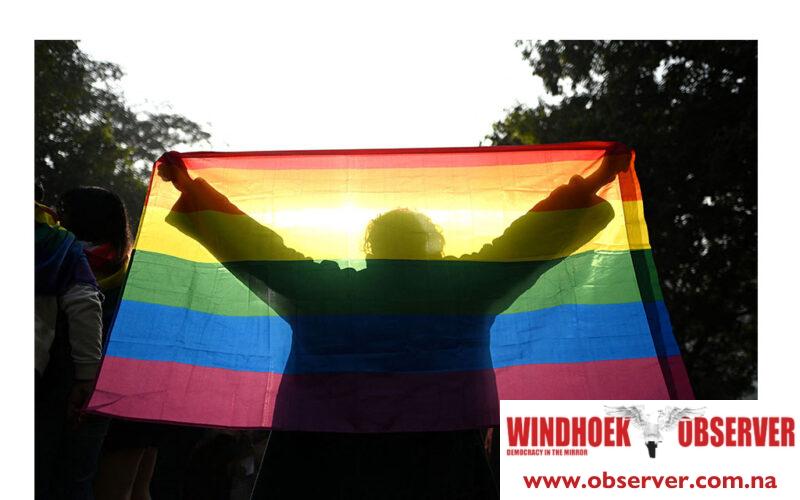Hertta-Maria Amutenja
International organisations and local activists have expressed support for the Namibian High Court’s ruling that declared the sodomy law unconstitutional and invalid.
The Southern Africa Litigation Centre (SALC) congratulated Friedel Dausab and the Namibian legal team for this landmark ruling on their social media platform X.
“Well done to the legal team,” SALC said.
Global Black Gay Men Connect celebrated the ruling, stating, “We celebrate today’s high court ruling in Namibia that declared the criminalisation of sexual acts between men in Namibia as unconstitutional and invalid! Sodomy and ‘unnatural sexual offences’ are common law crimes that are unconstitutional and invalid.”
The judgement was delivered last week following an application by Friedel Dausab, a member of the Lesbian, Gay, Bisexual, Transgender, Queer, and Intersex (LGBTQI+) community, to have the common law criminalisation of male anal sex and unnatural sexual offences declared unconstitutional.
The judges emphasised that views against homosexuality are often based on prejudice and personal aversion.
GiveOut, an international community foundation supporting LGBTQI activism, also lauded the decision.
“Breaking news! The High Court in Namibia has overturned laws that criminalise homosexuality. The court ruling stated that the colonial-era sodomy law was unconstitutional. A huge congratulations to all those involved in making this groundbreaking victory possible.”
IFEX highlighted the celebrations by LGBTI and human rights organisations. “Namibia’s High Court ruling declaring sodomy and unnatural sexual offences unconstitutional and invalid has been widely celebrated.”
Agapitus Hausiku, Executive Director of Out-Right Namibia, emphasised the positive implications of the ruling. “The sodomy law had a lot of implications for the community, such as the provision of health services, inclusive policies, and equality. The criminalization of a person based on one’s sexual orientation deprived many people of their dignity and put them at risk in many ways.”
Hausiku noted that activists and civil society organisations are working to eliminate punitive laws that hinder access to services and equal recognition.
“The ruling is commendable and must be applauded. We urge the government, especially politicians and religious leaders, to desist from trying to interfere with the ruling,” he said.
However, a political commentator, Stephanus Pombili, expressed opposition to the ruling.
“Allowing gays and lesbians to be considered part of human rights, the human race, and Namibians is an insult to the Namibian people, Namibian culture, African culture, and African traditions. There should be no freedom for young men to sleep with each other or for young women to do the same,” he said.
Pombili criticised the government for not acting swiftly against homosexuality.
“There is a bill on the president’s table that could be signed into law to prevent this behaviour, but the president has remained silent. We cannot accept ‘confusion’ in our country. God created men and women to have sex and reproduce, not for men to have sex with men. We must condemn gays,” Pombili added.




